Rachel Laser, the first non-Christian leader of Americans United for Separation of Church and State, redefines the group’s focus in a polarized era
ed note–as always, a tidal wave of important info that every Gentile with a vested interest in his/her own future survival needs to understand about all of this.
Firsto, ladies and Gentile-men, one of the things that must, repeat–MUST–be understood about the followers of Torah Judah-ism is that they are now, always have been, and always WILL BE in a state of war against everyone who is not part of their tribe.
Unlike their Gentile opposites, they are not a ‘live and let live’ group of people. Their tribal religion, their Torah Judah-ism, commands what it is that they are to do to the Gentiles around them, just one example of which reads as follows–
‘When the Lord your God brings you into the land you are to possess and drives out the many nations larger and stronger than you, and when the Lord your God has delivered them over to you and you have defeated them, then you must destroy them totally. Make no treaty with them, and show them no mercy. Do not save alive anything that breathes…Do not intermarry with them…Do not give your daughters to their sons or take their daughters for your sons…Break down their altars, smash their sacred stones and burn their idols in the fire, for you are a people holy to the Lord your God who has chosen you out of all the peoples on the face of the earth to be his people, his treasured possession…’ –Book of Deuteronomy
–commandments which, as history has made very clear, they have been all too willing to execute and which has resulted in them being pushed out of every Gentile locale where they have ever invaded and then ‘set up shop’.
The reader will note in the paragraph quoted above the section that commands that the followers of Judah-ism are to–
‘Break down their altars, smash their sacred stones and burn their idols in the fire…’
This, ladies and Gentile-men, is the religious mechanism/tribal commandment by which Judah-ites such as the femme fatale featured in the story below operate. As Jews, they are on a ceaseless, seek-and-destroy mission to conquer and destroy ALL vestiges of Gentilism, not just by killing Gentiles, but by killing their religion, values, and culture.
And of those, no moreso than Christians, whom they despise more than anyone.
In the Middle East, this seek-and-destroy mission is obvious as events in Gaza, Lebanon and Syria make Kristol clear on a daily basis–



–whereas in the West, where the followers of Torah Judah-ism have sunk their fangs deeply into that civilization’s monetary, political, legal, academic and informational neck, the seek-and-destroy mission takes on a more nuanced appearance, where they poison the culture slowly, drip by drip, in ways that are not as ‘jramatic’ as what is taking place in the Middle East but which are just as deadly, to wit–
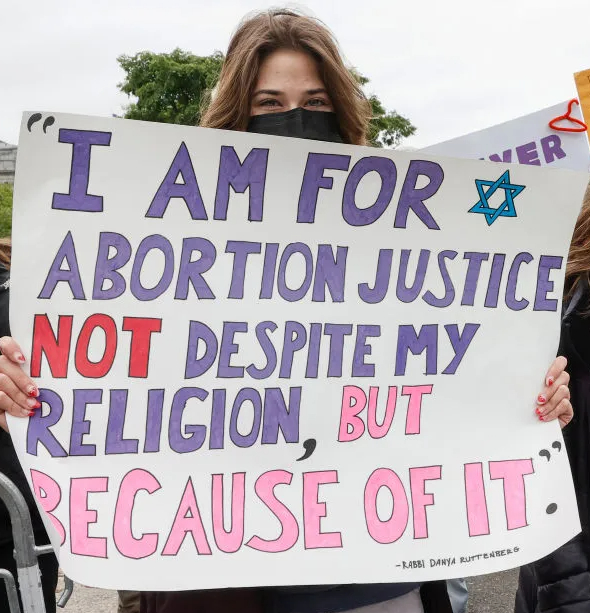
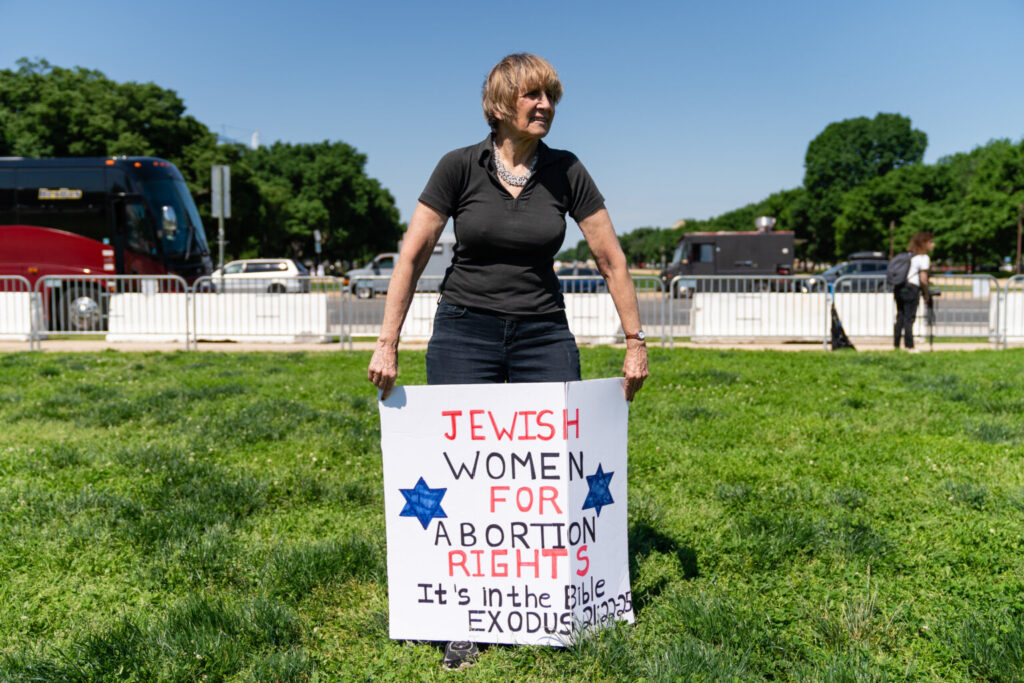


Now, as it relates to the main antagonist in the story below, the reader will note that she is not at all worried about that same ‘separation of church and state’ when it comes to American taxpayers being forced at gunpoint to hand over $30 million dollars PER DAY to the Jewish state, where Judah-ism is the ‘law of the land’ and by which the entire political apparatus operates, truly a ‘theocracy’ if ever there was one.
And who do we thank for this, ladies and Gentile-men? Who do we blame for the fact that in the ‘free’ societies of the West, and especially in America, that our eternal enemies have amassed such power over us that we have no political or legal recourse in saving ourselves?
Yes, it is true that vampires such as these–
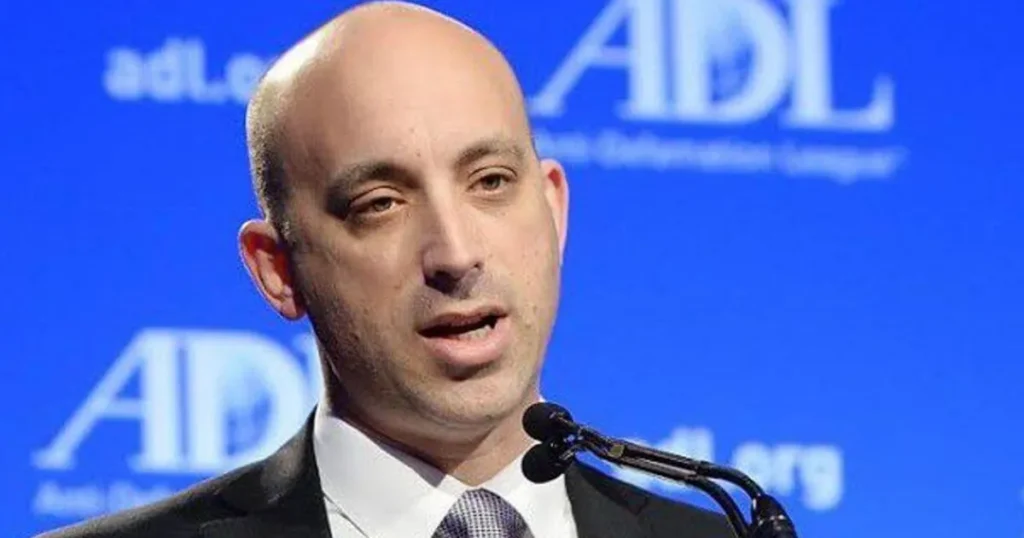
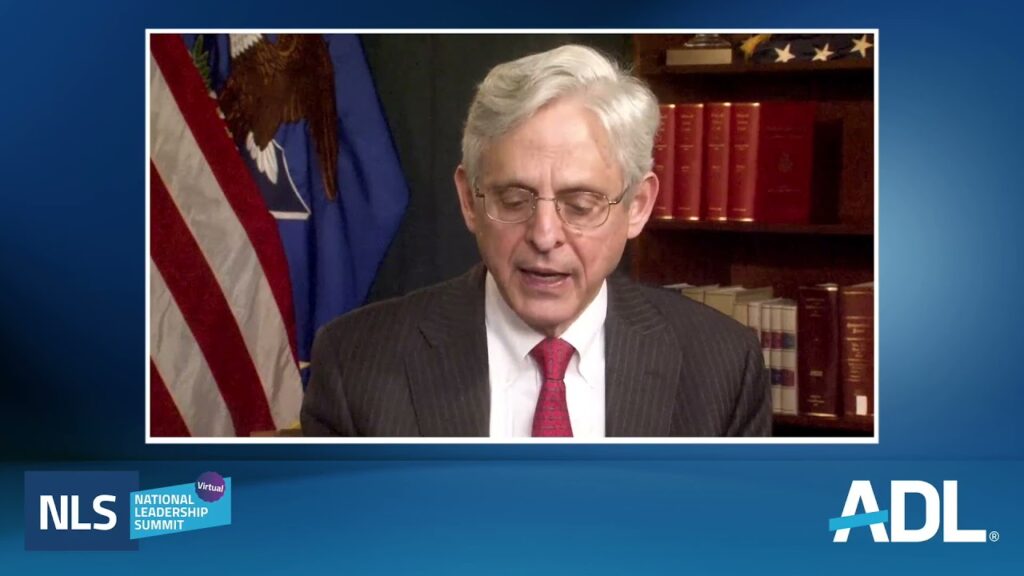

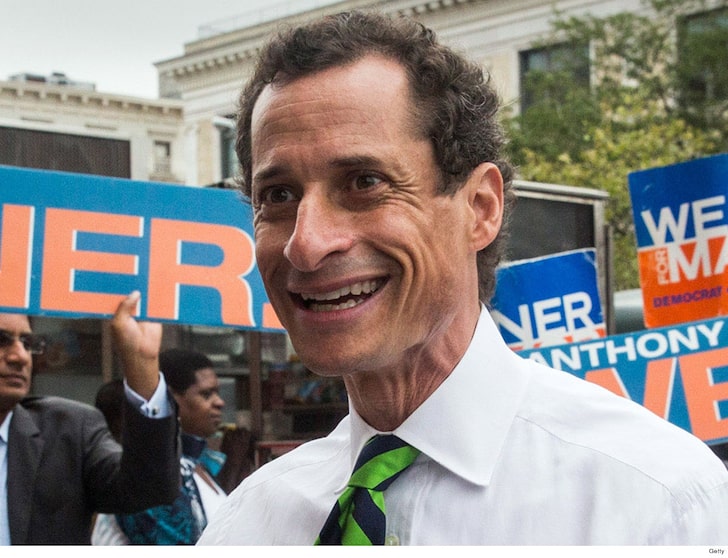
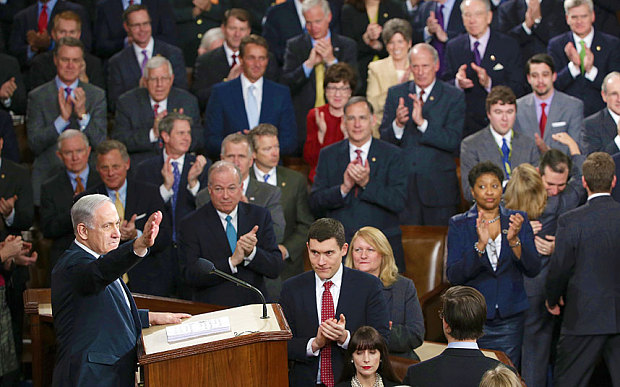

–represent a clear and present danger to the life, liberty and pursuit of happiness of all Gentiles, but the truth of the matter is that these vampires are merely doing what their nature dictates that they do.
The real traitors, ladies and Gentile-men, the real enemies, have been and remain those who we trusted to tell us the truth about who our enemies are and what needed to be done in protecting ourselves against them, including individuals such as these–


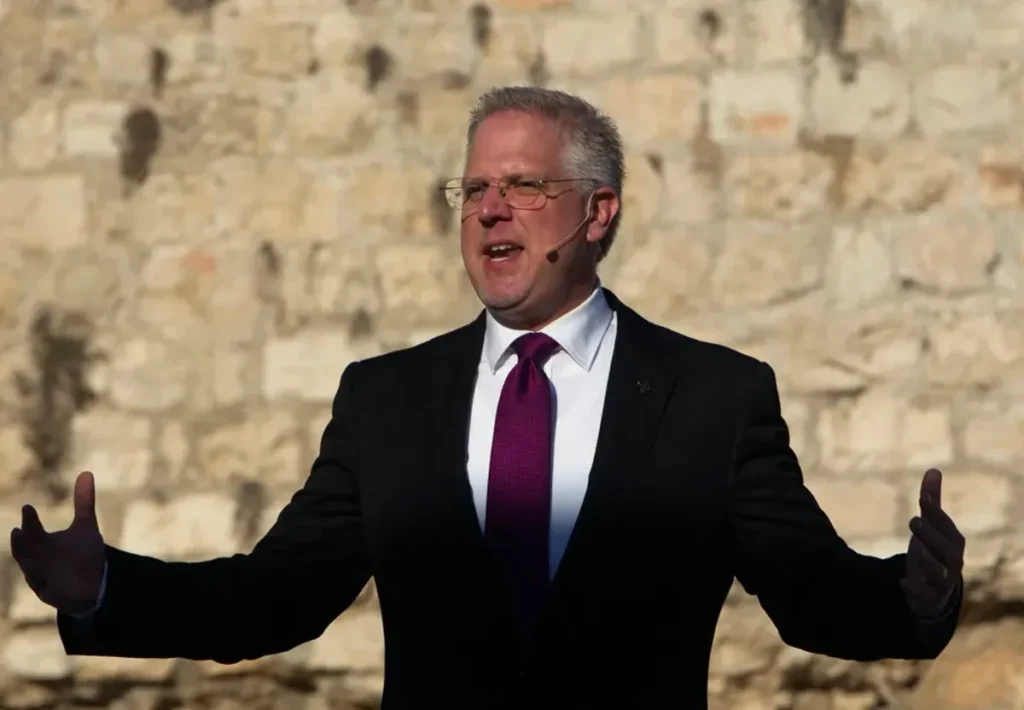
–and others who, rather than telling us the Ugly Truth of it all, which is that the followers of Torah Judah-ism are 666% committed to our destruction, instead, preached to us about ‘Judeo-Christian’ values and how the Jews are ‘God’s chosen people’ that must be worshipped.
The Jewish Daily Forward
For decades, Americans United for Separation of Church and State called its adversaries ‘religious extremists.’ Today, the group has a more specific target: fighting Christian nationalism.
The decision to sharpen the language was made by Rachel Laser, the group’s president for the last six years. A Jewess and the first religious minority to lead Americans United since its founding in 1947, Laser wanted the group to be more clear-eyed about what she sees as a growing threat to religious pluralism in the United States: the belief that American laws should favor Christian values over those of other religions.

But it was not an easy decision for her to make. ‘On some deep level, I worry about alienating Christians, as many Jews do,’ Laser wrote last year in the group’s magazine. ‘When you are part of a mere 2% of the population, it can feel perilous to risk fostering adversity with 65% of the population.’
That anxiety about the optics of her leadership surfaced even before she took the job. During her interview, Laser recounted to the Jewish Telegraphic Agency, she asked the board outright: ‘Why aren’t you hiring Christian clergy?’
Americans United had always been led by pastors, but Barry Lynn, who served as the organization’s previous leader, from 1992 to 2018, said he welcomes a departure. If there were any concerns about having a Jew lead a fight against Christian nationalism, Laser has proven it’s possible to do so, he said.
‘I’ve thought about that a lot, but I just don’t think it’s a burden or a problem because she works very collaboratively with board members who are themselves Christians and she works in coalitions,’ Lynn said. ‘She understands the depths of the danger that Christian nationalism presents to both Christianity and to religious minorities.’
Laser, 55, is married to intellectual property lawyer Mark Davies and the family belongs to Adas Israel, a Conservative congregation in Washington, D.C. She began her journey in Chicago, where she grew up with Jewish activist parents who didn’t prioritize religious life. But when she followed a friend to Sunday school, she encountered Rabbi Arnold Jacob Wolfe, a progressive Reform Jewish leader who was deeply involved in civil rights and other social justice causes.
‘I was a very curious kid, and he encouraged me to ask questions,’ Laser said, fighting back tears as she recalled Wolfe, who passed away in 2008. ‘The more questions I asked, the more he appreciated me. That’s why I value being Jewish.’
Laser (her name is pronounced LAZZ-er) carried those values into a career focused on public service. After earning a law degree, she held senior roles in organizations advocating for reproductive rights, LGBTQ equality, and interfaith dialogue, including as the deputy director of the Religious Action Center, the advocacy arm of Reform Judaism.
‘She’s a knowledgeable Jew who cares deeply about Jewish concerns,’ said Rabbi David Saperstein, who led the Religious Action Center during Laser’s time there. ‘She fit very comfortably into the Reform movement’s view that social justice was a central part of what it means to be a Jew.’
He said he hired her because she was already a proven bridge builder, and it was important for the organization to work across political and ideological lines in Washington. It’s a skill that would be critical when Americans United tapped her in 2018, tasking her with adapting the group for a polarized era.
She took the helm during the second year of Donald Trump’s first presidency, as debates over religion in public life were intensifying. Laser commissioned research to gauge public attitudes and test Americans United’s messaging.
The results were mixed. ‘Religious extremism’ resonated with most audiences, but ‘Christian nationalism’ was less familiar — and even sounded positive to some people. ‘We didn’t want people to get the idea that we were insulting Christianity or patriotism,’ Laser said, so she decided against emphasizing the term.
Then came the January 6, 2021, assault on the U.S. Capitol.
Laser saw the insurrection as a wake-up call. In the rioters’ biblical rhetoric and religious rituals, she recognized Christian nationalism as a potent and underappreciated threat. She soon hired Andrew Seidel, another prominent Jewish critic of Christian nationalism. On his first day as the new vice president of strategic communications at Americans United, Seidel testified before Congress about the role of Christian nationalism in the Capitol insurrection.
Americans United began using the term regularly, aiming to educate the public while highlighting church-state separation as a critical countermeasure.
‘The antidote to Christian nationalism is church-state separation,’ Laser said in an interview. ‘It’s the kryptonite that prevents Christian nationalists from codifying their views into our laws.’
Under Laser’s leadership, Americans United has taken high-profile legal actions, such as suing Oklahoma over its proposed religious charter school and representing a Tennessee Jewish couple rejected by an adoption agency due to their faith. The group also helped raise awareness earlier this year about Project 2025, a detailed conservative proposal for Trump’s second term from the Heritage Foundation.
Donors have responded to these efforts. In 2023, the organization reported $17.9 million in revenue — almost triple what it was raising before Laser took over.
But Laser’s tenure hasn’t been without controversy. The organization’s employee union and some former board members have accused her of fostering a toxic work environment and prioritizing publicity over policy and legal work. After commissioning an outside investigation of the organization’s work culture, the board said Laser has its full support.
Laser’s efforts in countering Christian nationalism reflect broader tensions in American society. While religious affiliation is declining, Trump’s political alliance with the Christian right has energized a vocal minority.
‘I love you, Christians,’ he said on the campaign trail. ‘In four years, you don’t have to vote again, we’ll have it fixed so good you’re not going to have to vote.’ And the vast majority of them did vote for him.
Since the election, Trump has put together for his next administration a slate of deputies that reflects his strong political alliance with the Christian right, from his nominee for White House budget director Russell Vought to his preferred candidate for defense secretary, Pete Hesgeth.
But while giving Republicans a resounding victory, American voters also rejected many of the specific policies promoted by conservative Christians. In seven states, including four won by Trump, voters approved measures to protect abortion rights. All three state proposals to allow public funding to flow to private and religious schools were defeated. Laser calls these outcomes a rejection of Christian nationalism and a continued endorsement of the principle of church-state separation.
In saying that a solid majority of Americans agree with her worldview, Laser relies on surveys like those from the Public Religion Research Institute. ‘We find that by a margin of about two to one, most Americans reject Christian nationalism,’ said PRRI’s president, Robert Jones.
He said he’s confident in the results because the statements the surveys test against are ‘fairly unambiguous.’
‘They’re things like, ‘U.S. law should be based on the Bible,’ ‘To be truly American, you must be Christian’ and ‘Christians should take dominion over all areas of American society,’’ he said.
As the term ‘Christian nationalism’ has come into play in recent years, Jones’ group has been studying how people respond not only to the underlying attitudes, but also to the term itself.
‘We are finding people who qualify as Christian nationalists based on our criteria have a positive view of the term, and people who are rejecting that worldview have a negative view of the term,’ Jones said. ‘So it’s not just a term used by one side to smear the other.’
The phenomena can be seen in the strong sales of a 2022 book called ‘The Case for Christian Nationalism,’ by conservative political theorist Stephen Wolfe, and in prominent politicians, like U.S. Rep. Marjorie Taylor Greene and Sen. Josh Hawley, who have embraced the moniker.
But even as one term has become more common, the question of what language to use is far from settled. Advocates on either side of the debate over the place of religion in public life make various choices for strategic or other reasons.
Sorting through the rhetoric has required substantial attention from Ruth Braunstein, a professor of sociology at the University of Connecticut. That’s because earlier this year, she was awarded a grant from the Henry Luce Foundation to map out the individuals and groups fighting Christian nationalism.
Many of the 100 groups added to the list so far don’t use the term Christian nationalism.
‘Some, for example, talk about defending or promoting pluralistic democracy,’ Braunstein said. ‘Others talk about creating a more inclusive vision of American identity.’
A growing bunch, including Americans United, do. And for Braunstein, it was easy to figure out how Laser’s group fit into her project.
‘They have a high profile, historical gravitas and respect, and the resources to be able to provide support to other organizations,’ she said. ‘So I think of them as an important node in this broad network.’
A few weeks ago, Laser went on CNN to be briefly interviewed about her opposition to plans in Oklahoma and Texas to bring Christianity into the classroom. She didn’t mention anything about her identity. She simply delivered Americans United talking points: Parents, not politicians, should decide when and if children are exposed to religion; state mandates sully rather than enhance religion; mixing church and state goes against the country’s founding ideals.
But one viewer who contacted CNN to complain about Laser’s statements discovered through Google, or correctly assumed, that Laser is a Jew. He made her identity the center of a lengthy tirade, which he ended with a broad threat.
‘When Jews go into the public square to attack Christianity, then we have a problem,’ the angry viewer wrote. ‘Stop abusing the people that treat you kindly because, eventually, the patience will run out.’
Asked if this kind of threat gives her anxiety about the place of Jews in the United States, she said, ‘Firstly, I’m Jewish. There’s always anxiety. So, fair question.’
But then she went on to emphasize that she’s never felt alone in her activism. She’s always surrounded by Christian allies.
As soon as she took the helm, for example, she set up a faith advisory for Americans United and packed it with pastors (as well as other faith leaders). When her group files lawsuits against policies it opposes, it always includes Christian plaintiffs.
‘It’s more important to make it clear that Christians are leaders in this cause,’ she said. ‘In any case, however, I don’t plan to go anywhere. This country has given so much to Jews and I feel gratitude for that. I want to ensure that my kids and my kids’ kids can enjoy and be proud of the same America.’


Only gentiles who have lost their souls and are on their way to eternal Hell, having devolved into demons themselves, could ever think of the spawn of satan who are not the children of God but the soulless spawn of satan could ever think of jews as their equals.
Anyone who has the light of truth in them and is obedient to God knows that the Old testament is the book of Satan and refuses to read it.
Only those who are Truly one with God through Jesus Christ recognize that the jews are the antichrist, the antithesis, the exact opposite of Jesus Christ and rejects them and casts them out.
All those who are one with Israel will spend eternity with those maggots in Hell as co-enemies of God, our souls, and all that is holy: the jews.
Only those who know the truth will escape an eternity in the the cold darkness of Hell where all liars and lovers of jew lies go to eternal damnation.
The truth is: The jews exist to tempt and mislead Gentiles, the children of God, with their incessant lies and deceit about attainment of ego and money by confusing good with evil and evil with good.
Many gentiles will go to Hell by becoming accessories to the sins of the jews, and jews can only sin, they can do only the will of their father in Hell, when you enable the jews to sin, even by silence, you are guilty of all the sins they commit.
Jews pretend to make gentiles wealthy, powerful and superior, that is the bait. The switch is they lose everything their souls, and God and His Love, all connecton to God. The jews never keep their end of any bargain. When you bargain with the devil you lose everything of value and you only obtain a debt, a karmic debt that can never be paid not even for eternity in Hell.
Jews are only here to make people sin and take them to Hell, nothing more than that ever comes by association with jews. As the antichrist, they do the opposite of Jesus Christ.
They hate us more than we could ever know, because they have nothing Good or of God in them.
There is no limit to the evil that they are capable of doing to gentiles.
At the same time there is no limit to the love, mercy and forgiveness of Jesus Christ.
We cannot serve 2 masters we will love the one and hate the other.
If you do not HATE the jew, then you will hate God and end up in Hell for eternity.
Antisemitism is a trick to make you Hate God.
Hell is eternal Death in a world that will never have life, but also there will never be death.
The jews are the demons in Hell who come to earth to take souls from God to have them in Hell to torture for eternity.
What jews do here on earth is the same thing they do in Hell: violent torture, abuse, and sadistic cruelty to every gentile they come in contact with.
The religion of the old testament, the Talmud and every jew born of jewish mother is: Satanism.
They practice that religion always it is the recreation of what happens only in Hell here on earth.
The jews do it naturally in wars and in secret, it is their nature as sadistic psychopaths and demons from Hell. When the gentiles participate in their religion, Satanism, they take souls from God.
Jesus teaches us as Christians to do here on earth what is done in Heaven.
When fake Christians do what the jews tell them to do, they are practicing satanism.
It all revolves around the money system, of the banking and finance they opperate that they invented that requires child sacrifice. It is antichrist and satanic. It is part of the religion of the jews.
When Christ was crucified the first Christians did without it as it says in ACTS, in the Bible.
Everyone ignores that chapter. Read it and you will know why all satanists admit that capitalism is satanism.
God created this earth and keeps it alive.
However, who does God say is the prince of this world?
Lucifer, why is he Prince of this world? He runs this world as the Prince because he runs the money system. Moloch mammon Rephan, and all the Fallen angels of Hell are jews.
They exist in the soulless bodies only jewish women can produce.
All of them have one matriarchal line of DNA from mother to mother dating back to Satan and Eve producing Cain. By Jewish law: you are only a jew if you have that matriarchal line of DNA.
If the mother is gentile it is not a jew by jewish law.
The jews marry their daughters to all they want to make into jews, first they bankrupt them, then they pay them to marry and produce offspring=jews. Winston Churchill was a jew.
They have replaced all the wealthy through out history with jews, by wars that bankrupt and extort them to marry jewish women to get their fortunes back.
All the Royalty left alive is jewish. All gentile freemasons deliver them the means to control the world.
All the shabazz Goy judeo Christians are also their slaves.
The cleansing of this world is coming in our lifetime and soon.
The Prince of this world will be no more, he will be chained in Hell for 1000 years.
God only releases him and uses him to test us.
All the scum who serve Israel and the jews have failed the test and will be the slaves of those demons for eternity. Everyone who has taken their filthy AIPAC money will burn and be taken during the cleansing and purification of this earth. Hell itself will surround this earth for eternity.
Only those who hate and reject the jews and their overlords the fallen angels of Hell will be taken to the new earth. Where Jesus Christ will live among us and be our King.
Those who worshipped the antichrist jews who crucified Him, and tortured and killed and persecuted all his followers and still do war by war, will never enter its gates.
Those who lie and loveth a lie, who practice deceit, all who do not hate the jews and cast them out, will never enter those gates unless they repent and beg for God’s mercy and forgiveness now.